From 27 July to 2 August, CREWS Secretariat visited Malawi to attend the CREWS Partners Coordination and Stocktaking Meeting, participated in field visits to CREWS project sites and community consultations, and discuss with country partners the potential visit and hosting of the 22nd CREWS Steering Committee in 2026.
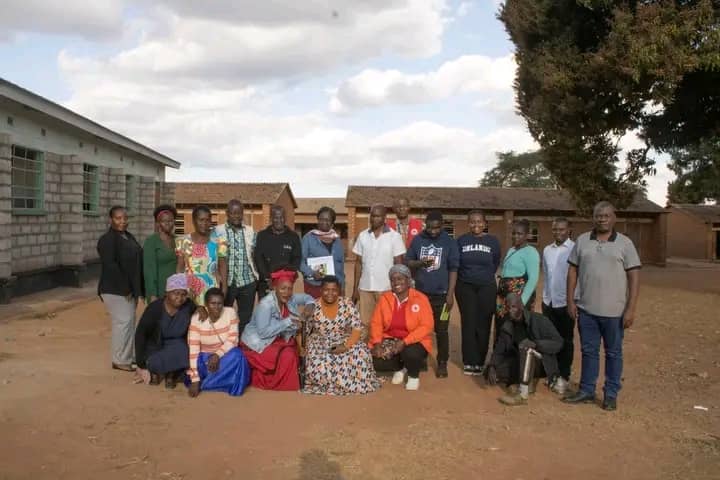
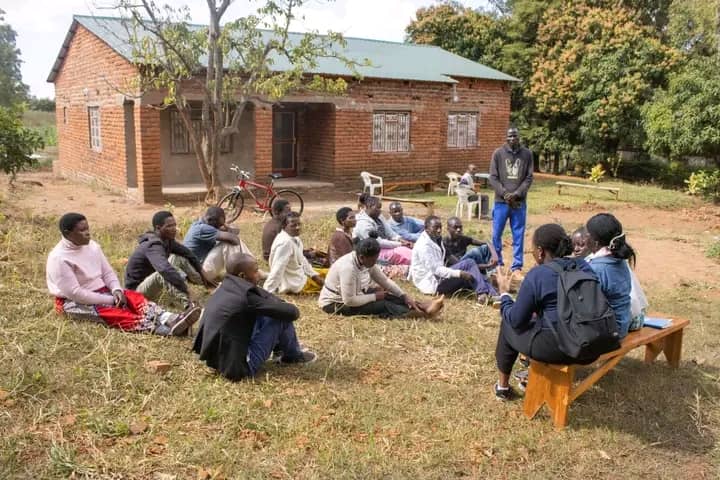
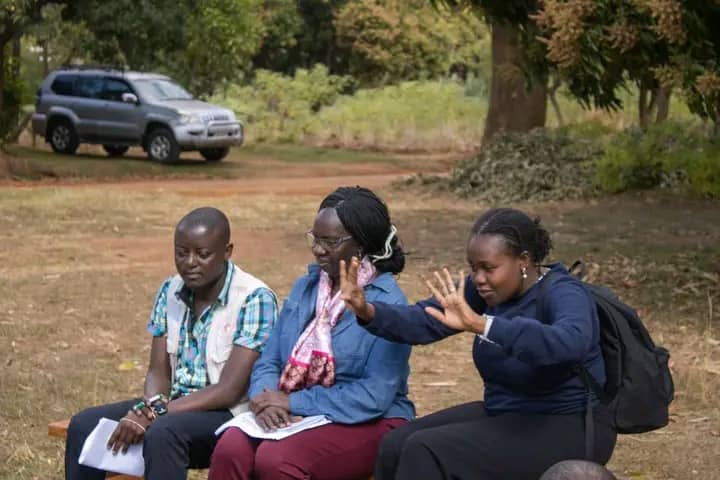
The CREWS Partner Coordination and Stocktaking Meeting took place from 28–29 July 2025 in Blantyre, Malawi. The meeting was attended by more than 100 representatives from government, international organizations, development agencies, academia, NGOs, and civil society to advance the country’s climate resilience agenda. Opening remarks from the World Meteorological Organization (WMO), The World Bank, and Malawi’s Ministry of Natural Resources and Climate Change stressed the urgency of universal early warnings, and highlighted progress in data tools, frameworks, and policy development.
The first day of the meeting covered institutional coordination, improved forecasting, and operational challenges. The discussion further addressed the financing needs for the National Framework for Climate and Water Services (NFWCS), recent legislative progress on disaster risk management, and complementary resilience-building initiatives. Further, the use of the bilingual “Zanyengo” weather app was emphasized.
The second day focused on technical innovations such as AI-enhanced forecasting, inclusive early warning systems, anticipatory action, and integration of climate data into health surveillance. The CREWS Secretariat also presented on the work of CREWS, its support to Malawi and reiterated commitment to build stronger national institutions, improve community-level preparedness and resilience.
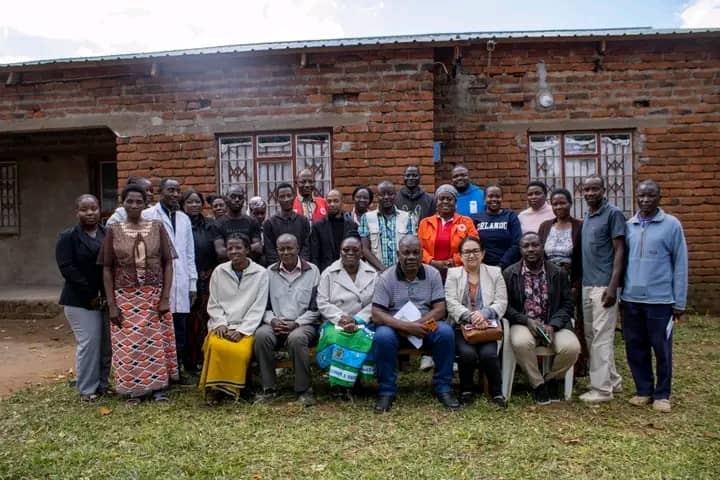
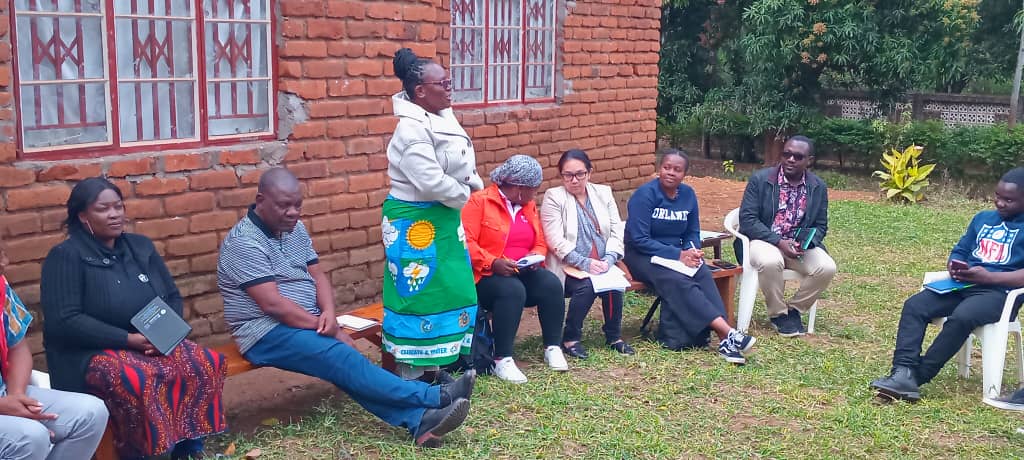
WMO and the @Malawi Red Cross have been supporting capacity building of the community leaders in Masongola ward in early warning, preparedness and early action. As of date, gender risk assessments have been conducted, hazard maps were developed, Standard Operating Procedures (SOPs) were developed, disseminated and shared. In Zomba and Mzuzu, 10 Ward Disaster Risk Management Committees were strengthened, and leaders were trained to improve coordination and strengthen community engagement. Small equipment, such as smart phones, reflector vests, gumboots, whistles and torches, which are used to disseminate early warning and for preparedness activities were provided in addition to the distribution of protective gears for rescue operations.
The village members expressed appreciation to the support provided by CREWS. As a result of CREWS assistance, they are now better informed of the risks and their knowledge on how to protect themselves has increased, people living in weak structures were moved to safer ones, evacuation centres were strengthened and secured and resulted to better coordination between the community leaders and district officials for preparedness and evacuation.
“Thanks to CREWS support, now we are aware that we are in a dangerous place and know what to do in case of a disaster. We are more prepared and can help save ourselves and members of our community” – village leader
